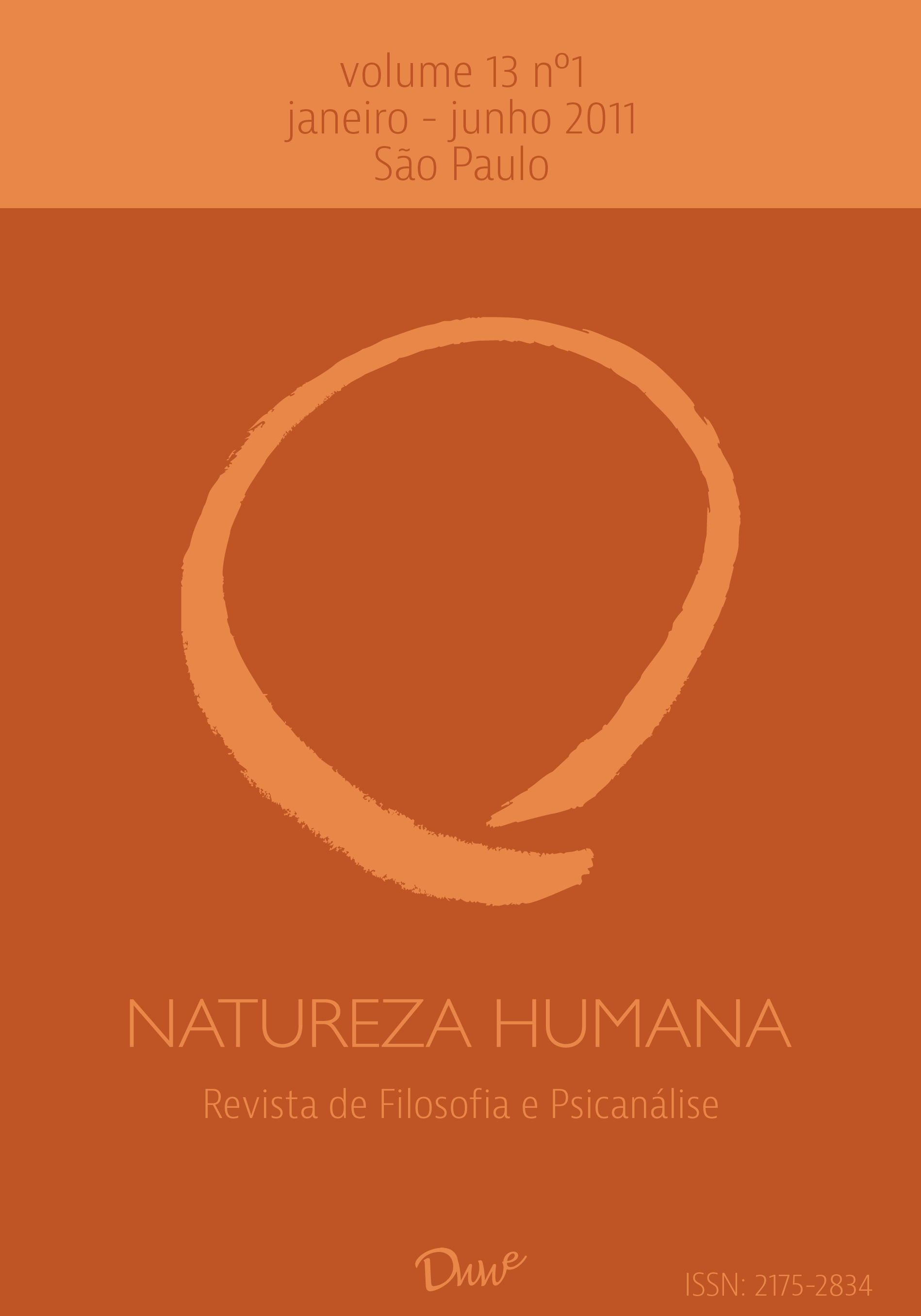Formal indication and reflective judgement. Philosophical discourse and Its challenge
DOI:
https://doi.org/10.59539/2175-2834-v13n1-970Keywords:
transcendental philosophy; formal indication; reflective judgment; transcendental truth.Abstract
This paper addresses the problem concerning the possibility of a metacritical foundation of transcendental philosophy and, specifically, of philosophical discourse as such. It analyzes two dimensions of the problem: the one concerning the way in which philosophical concepts are meaningful and the one regarding the possibility for transcendental statements to be epistemically contentful, i.e. true or false. I depart from the thesis defended by Crowell and Vigo, among others, that subjectivity in a transcendental framework is to be understood in terms of practical agency and then address the aforementioned problem from such a perspective, analyzing and ruling out some alternatives. I claim that philosophical concepts acquire their meaning from its meaning in ordinary use in the natural attitude and that its specific character lies in its mostrative function. I model such distinction in terms of the Heideggerian notion of formal indication. After that, I claim that transcendental statements are to be understood departing from the Kantian model for reflective judgments to conclude that the very sense of transcendental philosophy is the acknowledgment by the subject of her autonomy regarding the norms that govern her experience of the world.Downloads
Published
2024-10-02 — Updated on 2011-10-02
How to Cite
Ainbinder, B. (2011). Formal indication and reflective judgement. Philosophical discourse and Its challenge. Human Nature - International Philosophy and Psychology Review, 13(1), 25–52. https://doi.org/10.59539/2175-2834-v13n1-970
Issue
Section
Artigos








